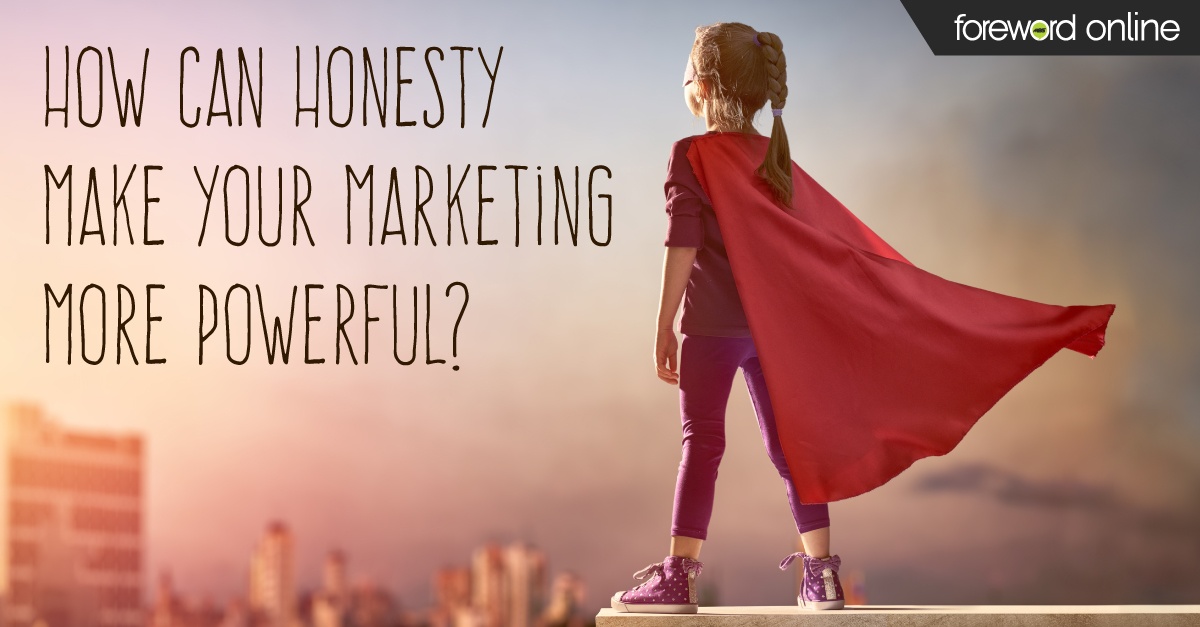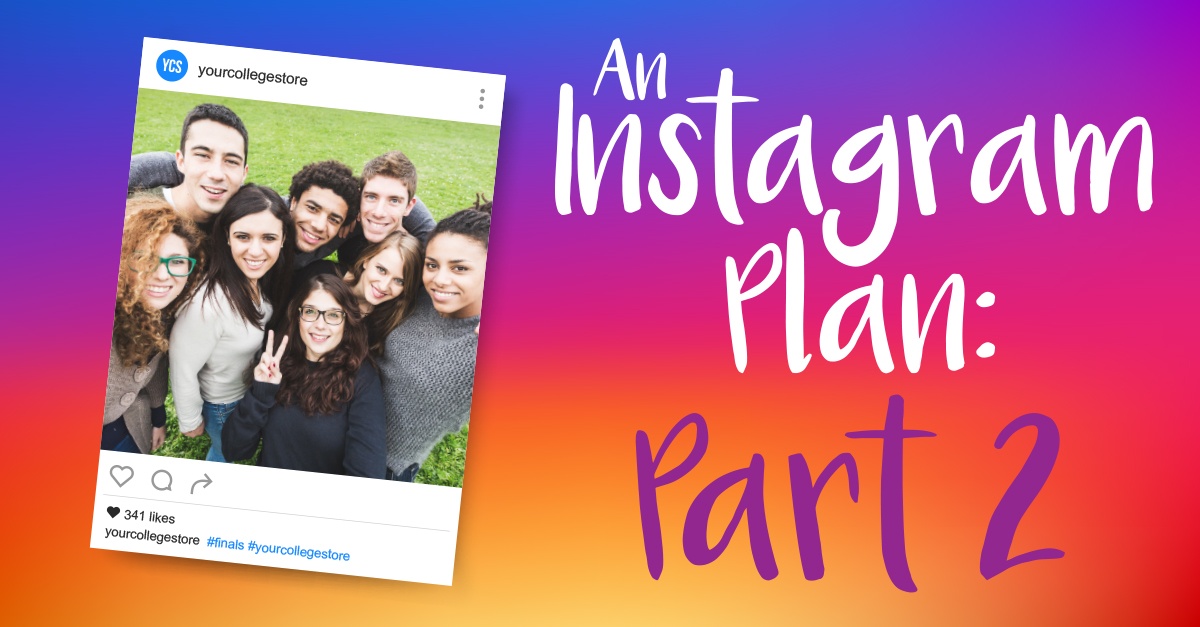Let’s be real. Marketing isn’t exactly a field known for honesty. In fact, most people associate the work with obfuscation, dissembling and hyperbole. And those are gentle terms. Some folks just say marketing is nice word for lying. As it turns out, research shows young people are increasingly wary of anything that resembles spin — and companies have caught onto that, developing campaigns that illicit trust with unvarnished appeals. Collegiate stores might consider using similar forms of extreme honesty when reaching out to students. Such campaigns often win a surge of long-term, loyal customers.
While being clear about your pricing, your returns policy and even the cash you hand out at buyback meets the basic criteria for honesty, companies that have successfully applied brutal realism to their marketing techniques go much farther than that.
Take Avis®. The car-rental company has long taken second place to Hertz® in terms of market share. So, what did it do? Instead of hiding its weakness, the company flaunted it with a wildly popular campaign, using the tagline, “We’re number two. We try harder.”
Another example: Real estate company Harvey Residential posted an ad on UK home listing site Zoopla.
“Not very nice one bedroom flat but like the budgie it’s cheap; open plan, has a well used kitchen, and if you can call it this — a small lounge.”
The ad won press attention, which attracted prospective buyers looking for a low-cost option in that neighborhood — exactly the people Harvey hoped to reach.
Some companies have taken authenticity in advertising to new heights. Consider how Wendy’s responded on Twitter to a question about its No. 1 competitor.
Tweet: “@Wendy’s What’s best at McDonald’s?”
Wendy’s reply: “Leaving.”
Wendy’s has become known for truth-telling on social media and drawn an enormous following as a result. Instead of being perceived as a money-grubbing corporation, the fast-food chain is seen as human, approachable and winningly frank.
Why does this kind of marketing work?
Well, for starters, in a world of airbrushed selfies and “fake news,” who isn’t a little weary of spin? That’s often the case for Gen Z, young people between the ages of 16 and 22. The fact that these kids have been raised on social media doesn’t make them more credulous. It has the opposite effect. Kids know their Instagram and Facebook feeds only tell half the story — at best. They’re aware of all the ways they market themselves online, which only makes them even more aware of how others do, too.
For us older folks, special effects, air brushing and photoshopping once seemed like magic. Only experts knew how to make things like that. That made us easier to deceive. Sure, people told us those models we saw in magazines weren’t real, but that truth was much more abstract before it became possible to embellish your own photos in a couple of strokes.
Gen Z kids have known how to create their own visual fantasies for years. It’s little wonder they suspect much of what they see online is unreal.
These kids will account for 40% of all consumers by 2020, according to Adweek, and they likely comprise a much larger percentage of the customers frequenting your store. How could you reach out to them with reality? Think about it. You might just turn them into customers for life.





